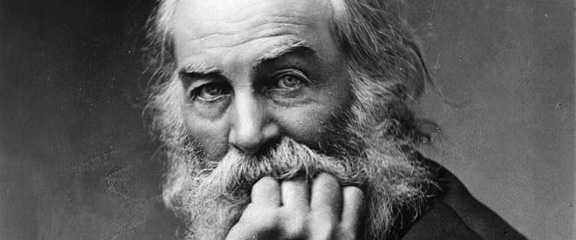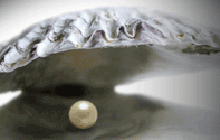Poet and journalist Walt Whitman was born May 31, 1819 in West Hills, New York. Considered one of America’s most influential poets Whitman aimed to transcend traditional epics, eschew normal aesthetic form, and reflect the nature of the American experience and its democracy. In 1855 he self-published the collection Leaves of Grass, now a landmark in American literature. He passed away on March 26, 1892, in Camden, New Jersey. Right up until the end, he’d continued to work with Leaves of Grass, which during his lifetime had gone through seven editions and expanded to some 300 poems. (Source)
“O Captain! My Captain!” is the poem Whitman wrote upon the assassination of Abraham Lincoln. Picturing Lincoln as the Captain and America as the ship, Whitman put into verse the feelings of many Americans at the end of the awful Civil War and the sudden loss of this leader who had brought a nation through its darkest days.
O Captain! My Captain!
By Walt Whitman
(Listen to the poem here)
O Captain! my Captain! our fearful trip is done;
The ship has weather’d every rack, the prize we sought is won;
The port is near, the bells I hear, the people all exulting,
While follow eyes the steady keel, the vessel grim and daring:
But O heart! heart! heart!
O the bleeding drops of red,
Where on the deck my Captain lies,
Fallen cold and dead.
O Captain! my Captain! rise up and hear the bells;
Rise up–for you the flag is flung–for you the bugle trills;
For you bouquets and ribbon’d wreaths–for you the shores a-crowding;
For you they call, the swaying mass, their eager faces turning;
Here Captain! dear father!
This arm beneath your head;
It is some dream that on the deck,
You’ve fallen cold and dead.
My Captain does not answer, his lips are pale and still;
My father does not feel my arm, he has no pulse nor will;
The ship is anchor’d safe and sound, its voyage closed and done;
From fearful trip, the victor ship, comes in with object won;
Exult, O shores, and ring, O bells!
But I, with mournful tread,
Walk the deck my Captain lies,
Fallen cold and dead.








_17422494921.png )

